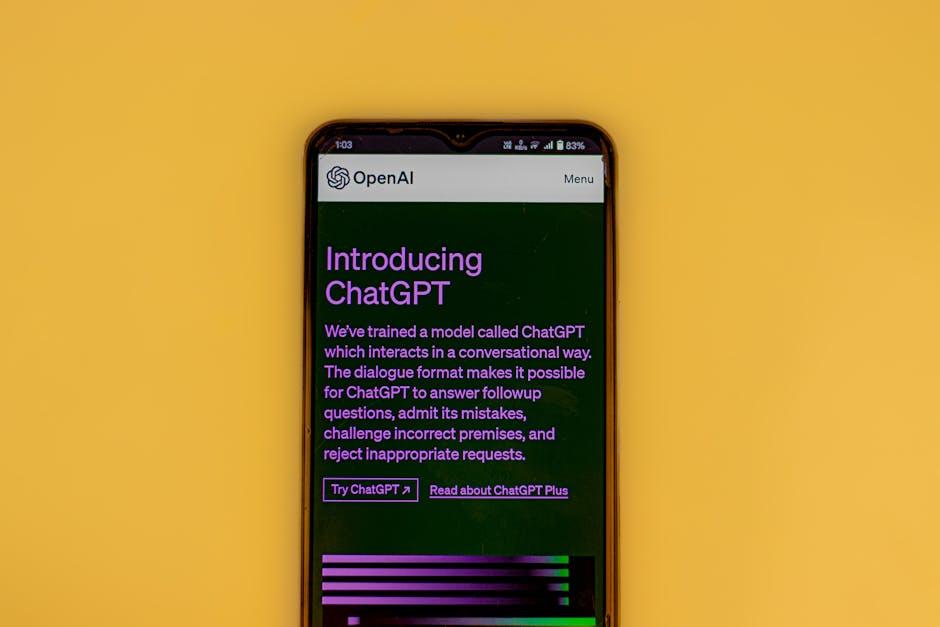Artificial intelligence (AI) has the potential to revolutionize several industries, and healthcare is no exception. OpenAI, a well-known research organization, made headlines when it announced a partnership with media mogul Arianna Huffington to develop an AI health coach. The concept of an AI-powered coach that can assist individuals in achieving better health and well-being is undoubtedly intriguing. However, upon closer examination, it becomes clear that this venture may still be a work in progress.
The idea behind an AI health coach is to leverage data and advanced algorithms to provide personalized recommendations for improving one’s lifestyle, sleep, and overall well-being. With Arianna Huffington’s expertise in wellness and sleep advocacy, the collaboration with OpenAI seemed like a promising endeavor. However, the current iteration of the AI health coach raises some concerns.
One of the primary issues is the lack of transparency regarding the underlying algorithms and data used by the AI health coach. Without a clear understanding of how the system functions and the basis for its recommendations, users may be skeptical about following its advice. In an era where data privacy and security are already major concerns, this becomes an even more pressing issue.
Moreover, the effectiveness of AI health coaches heavily relies on the quality and comprehensiveness of the data used. While OpenAI and Arianna Huffington have undoubtedly conducted extensive research and analysis, there is still a significant gap in the healthcare data available. Many health disparities exist within different populations and disadvantaged communities, making it challenging to provide truly comprehensive and unbiased recommendations.
Furthermore, the AI health coach’s capability to understand and address the nuances of a user’s personal circumstances is questionable. Health and wellness are highly individualized, with factors such as genetics, socio-economic background, and personal preferences playing vital roles. It remains to be seen whether an AI coach can successfully navigate this complexity and provide tailored advice that resonates with individuals on a meaningful level.
While AI has made significant advances in recent years, it still falls short when it comes to emotional intelligence and empathy, which are crucial in the realm of health coaching. Human coaches possess the ability to understand and connect with their clients on an emotional level, providing motivation and encouragement. It is uncertain whether an AI health coach can replicate this essential aspect of human interaction.
Undeniably, the idea of having a personal AI health coach is enticing. It holds potential for offering easily accessible support and guidance to those seeking to make positive lifestyle changes. However, it is crucial to approach the topic with a dose of realism. The AI health coach from OpenAI and Arianna Huffington, while undoubtedly a commendable effort, appears to be a venture that is still in its early stages.
There are technological and ethical hurdles to overcome, as well as a need for significant advancements in data availability and quality. OpenAI and Arianna Huffington should focus on addressing these challenges and refining the AI health coach’s capabilities before it can truly become a groundbreaking tool for improving health and wellness.
the AI health coach from OpenAI and Arianna Huffington may sound promising, but it is apparent that it is still out of shape. As with any new technology, time, research, and development are needed to ensure it becomes a reliable and effective tool in enhancing individuals’ lives.

